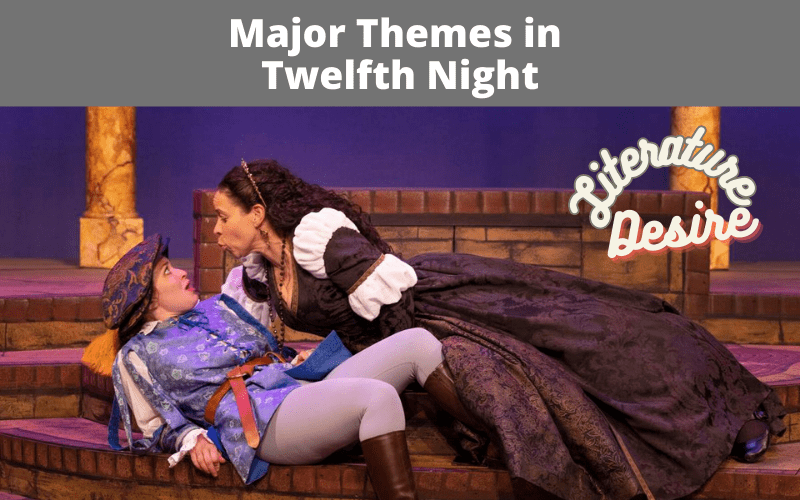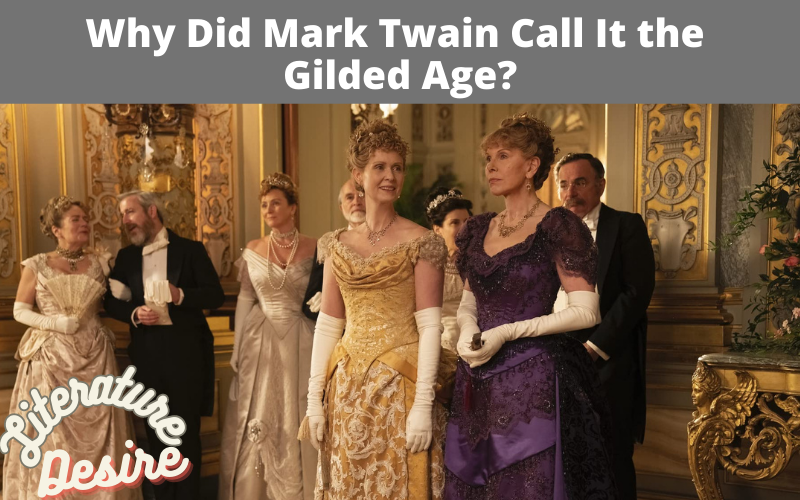“Twelfth Night” by William Shakespeare is a delightful and witty comedy that explores themes of love, deception, and mistaken identity. Set in the realm of Illyria, the play follows the intertwined lives of characters who find themselves entangled in a web of romantic entanglements and humorous misunderstandings.
With a touch of cross-dressing, comedic wordplay, and a festive backdrop, “Twelfth Night” examines the complexities of human desires, the fluidity of gender roles, and the transformative power of love. Through its captivating plot and memorable characters, the play continues to entertain and resonate with audiences, showcasing Shakespeare’s mastery of comedic storytelling.
Major Themes in Twelfth Night by Shakespeare
Love and Desire: The Complexity of Romantic Relationships
“Twelfth Night” explores the theme of love and desire in various forms. The play depicts both genuine and misguided forms of love, showcasing the complexities and challenges that arise in romantic relationships.
The characters’ experiences of unrequited love, mistaken identities, and the blurring of gender boundaries add layers of humor, confusion, and emotional depth to the theme.
Deception and Disguise: The Illusion of Identity
The theme of deception and disguise is central to the plot of “Twelfth Night.” The use of mistaken identities, cross-dressing, and hidden agendas lead to humorous and dramatic situations.
Shakespeare examines how disguises can blur the lines between appearance and reality, challenging notions of identity and emphasizing the transformative power of perception.
Folly and Foolishness: The Role of Comedy and Satire
Comedy and satire play a significant role in “Twelfth Night.” The theme of folly and foolishness is explored through the antics of the characters, particularly the witty and wise-cracking fool, Feste.
Shakespeare uses humor to critique social conventions, exposing the foolishness of human behavior and challenging societal norms through satire.
Gender and Sexuality: Exploration of Fluidity and Nonconformity
“Twelfth Night” examines the theme of gender and sexuality through its exploration of cross-dressing and the blurring of traditional gender roles.
The character of Viola, disguised as a young man named Cesario, navigates the complexities of her own identity and experiences unexpected romantic attraction. The play raises questions about the nature of desire and challenges societal expectations of gender and sexuality.
Disruption and Disorder: The Upending of Social Hierarchy
The theme of disruption and disorder is evident throughout “Twelfth Night.” The introduction of disguises, mistaken identities, and the humorous chaos that ensues disrupt the established social hierarchy.
This disruption provides a platform for characters to challenge social norms, question authority, and explore alternative forms of relationships and power dynamics.

Social Ambition and Self-Deception: The Pursuit of Status and Recognition
“Twelfth Night” explores the theme of social ambition and self-deception. Characters like Malvolio, fueled by ambition and a desire for social elevation, become victims of their own self-delusions.
Shakespeare exposes the pitfalls of vanity and the consequences of being consumed by the pursuit of status and recognition, ultimately leading to humiliation and disillusionment.
Appearance versus Reality: The Dichotomy of Perception
The theme of appearance versus reality is a recurring motif in “Twelfth Night.” The play questions the reliability of outward appearances and highlights the discrepancies between what characters present to the world and their true intentions or emotions.
The contrasting perceptions and misunderstandings contribute to the comedic and dramatic tension, emphasizing the importance of looking beyond surface-level impressions.
Festivity and Celebration: The Power of Festive Spirit
“Festivity and celebration” is a thematic element that permeates “Twelfth Night.” The play is set during the festive holiday season of Twelfth Night, characterized by revelry, merriment, and social upheaval.
The theme underscores the transformative and liberating power of festivities, allowing characters to temporarily shed their societal roles, indulge in humor, and explore their desires.
Conclusion:
“Twelfth Night” by William Shakespeare delves into major themes such as love and desire, deception and disguise, folly and foolishness, gender and sexuality, disruption and disorder, social ambition and self-deception, appearance versus reality, and festivity and celebration.
Shakespeare’s nuanced exploration of these themes adds depth, humor, and social commentary to the play, inviting audiences to reflect on the complexities of human relationships, societal norms, and the transformative nature of love and identity.



